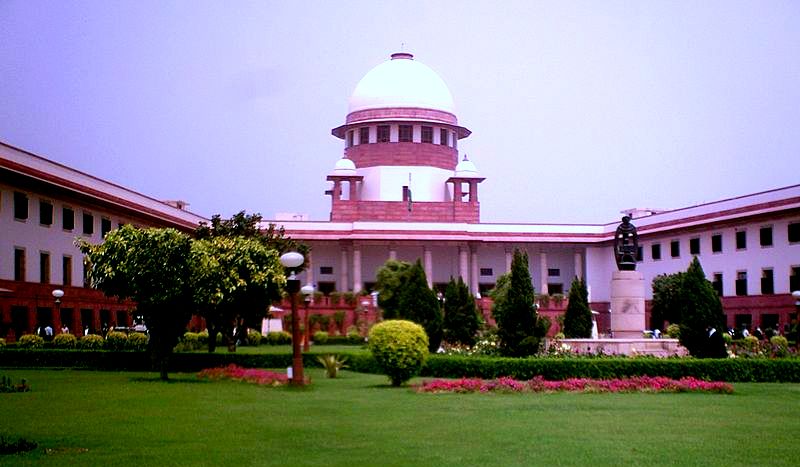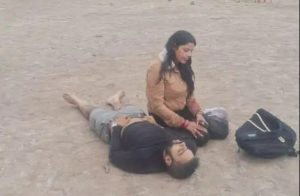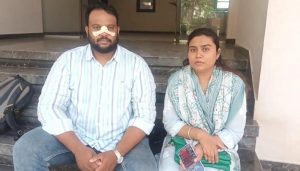ABGP Backs Waqf (Amendment) Act 2025, Opposes Petitions Challenging Constitutional Validity in Supreme Court

Pune/ New Delhi, 15th April 2025: The Akhil Bharatiya Grahak Panchayat (ABGP) has filed an intervention application in the Supreme Court of India, supporting the recently enacted Waqf (Amendment) Act, 2025 and opposing multiple petitions challenging its constitutional validity. The amended law, which came into effect on April 8 after receiving Presidential assent on April 5, aims to reform the administration of waqf properties across the country.
The intervention application comes in response to a batch of petitions, including those filed by Samastha Kerala Jamiathul Ulema, AIMIM MP Asaduddin Owaisi, and others, who argue that the amendments infringe on religious freedoms of the Muslim community. ABGP, however, contends that the new provisions ensure fairness, transparency, and constitutional balance in the management of waqf properties.
ABGP’s Grounds for Supporting the Amendments
ABGP stated in its application that over the years it has received numerous written complaints from citizens — including Hindus, Sikhs, Jains, and Buddhists — alleging arbitrary land acquisitions and waqf declarations by State Waqf Boards without proper notice or legal procedures. The organization claims that such actions were taken without substantiated ownership documents, relying solely on oral claims, historical usage, or unregistered waqf deeds.
Advocate Satya Muley, representing ABGP, stated, “Waqf Boards were acting with unchecked authority, violating principles of natural justice and property rights under Article 300A. These entries were made in revenue records without the knowledge of rightful owners, often dispossessing individuals, temples, educational institutions, and even government departments.”
He added that the previous law, especially after the 2013 amendment, lacked accountability, did not allow appeals, and excluded judicial review, making the Waqf Tribunal’s decision final.
Criticism of “Waqf by User” and Alleged Discrimination
One of the key contentions raised by ABGP is against the erstwhile concept of “waqf by user,” which allowed land to be declared waqf based on religious usage or assumptions of antiquity. The organization called it a “draconian provision” that disproportionately impacted non-Muslim communities in rural and semi-urban areas.
Advocate Muley argued that the earlier Waqf Act fostered “legal apartheid” by granting exclusive powers to Muslim religious boards without providing affected communities a platform to raise objections. “Such unequal treatment violates Articles 14 and 15 of the Constitution and undermines the secular ethos of India,” he said.
New Provisions Aim to Restore Balance, Says ABGP
The Waqf (Amendment) Act 2025 introduces mandatory digitization, written documentation, and judicial oversight in waqf property matters. It also allows objections from non-Muslim communities, local bodies, and government departments against wrongful waqf declarations.
ABGP National Secretary Vijay Sagar said, “We have been approached by many citizens — including Muslims — whose ancestral land was suddenly claimed as waqf based on dubious British-era records or verbal claims. The new law is a necessary step to restore justice and parity in land governance.”
He added that the amendment makes representation of women mandatory and opens waqf decisions to judicial scrutiny, bringing them in line with constitutional values.
Allegation of Political Motives Behind Petitions
Adv. Muley alleged that the petitions challenging the Waqf (Amendment) Act are “politically motivated” and serve the “private interests of elite groups” within the Muslim community. He said the amendments are constitutionally sound and aligned with public order and rule of law.
“The earlier Act discarded the role of the judiciary. This led to widespread abuse, legal uncertainty, and injustice,” Muley noted, praising the Joint Parliamentary Committee for delivering a “refined piece of legislation.”
The Supreme Court is expected to hear the petitions in the coming weeks.





